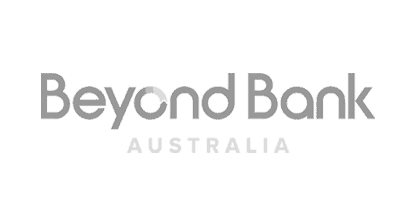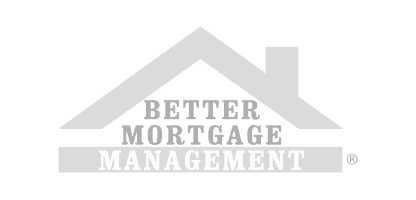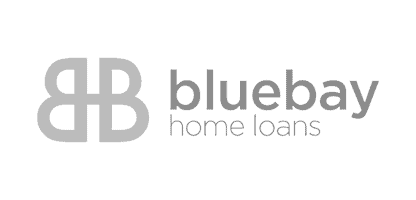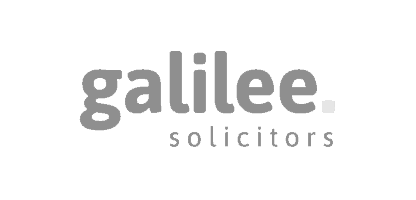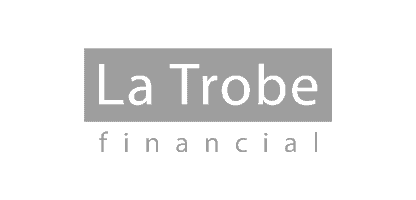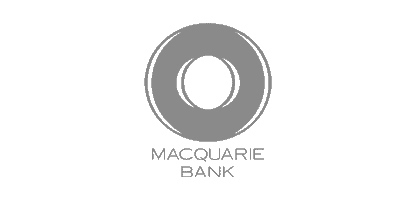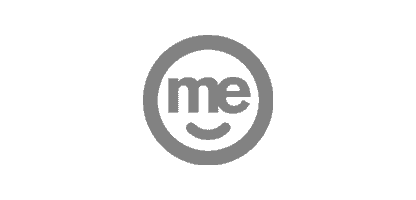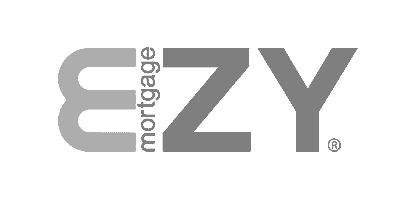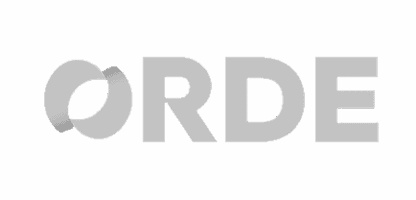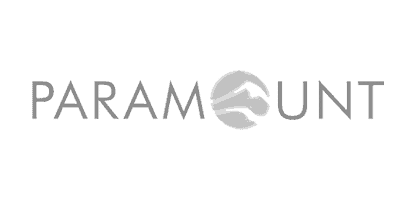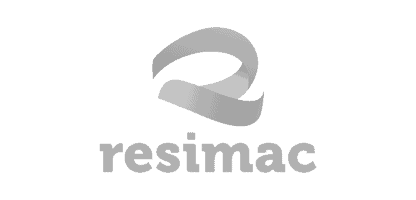The Mortgage Agency
The Low-Down on Low-Doc Home Loans in Australia
In the diverse landscape of home financing, one option has steadily gained attention in Australia: low-doc home loans. This type of loan, once a niche product, has become increasingly relevant, particularly for those with non-traditional income sources or self-employment.
Traditional loan requirements can sometimes feel like a significant barrier for those dreaming of homeownership. The goal of owning a piece of Australia can seem elusive, especially when conventional lending criteria don’t align with your financial circumstances.
This is where low-doc home loans come into play.
They offer an alternative pathway to homeownership, providing a tangible solution for those who might not meet the standard loan requirements. However, like any financial product, it’s essential to understand low-doc loans thoroughly before deciding if they’re the right fit for you.
Here’s what you need to know:
What Are Low-Doc Home Loans?
Low-doc home loans, short for low documentation loans, are a type of mortgage that allows borrowers to apply without providing extensive financial documentation.
These loans are ideal for those who lack the traditional financial documents required for a standard mortgage, such as the self-employed, freelancers, and those with unconventional income streams.
Instead of providing financials and stubs, tax returns, you’ll be able to use alternative documentation like accountants letters, BAS statements, bank statements and rental income to verify your income and financial stability.
You’ll also find that the application process is more flexible and tailored to your unique financial situation. This means that it’s designed to accommodate your less conventional income sources and assets.
However, while the required documentation is less stringent, that doesn’t mean you’ll avoid any financial scrutiny. Lenders will still assess your creditworthiness and ability to repay the loan through their own evaluation methods.
Advantages and Disadvantages
As with any loan product, there are advantages and disadvantages that you need to consider.
Advantages of Low-Document Loans
As we previously mentioned, low-doc home loans can be a great option for self-employed individuals or those with non-traditional income sources. With these loans, you don’t need to provide the same level of documentation as with standard loans, making the application process easier and quicker.
You can still secure a mortgage based on alternative forms of documentation, such as bank statements, which can prove your ability to repay the loan.
Another benefit of low-doc loans is that they can offer more flexibility in terms of the loan’s structure. So, you might have access to features like redraw facilities and offset accounts, which can help you manage your finances more effectively.
Potential Drawbacks
Despite the advantages, low-doc home loans come with some potential downsides. One of the primary drawbacks is that these loans tend to carry higher interest rates compared to standard mortgages because lenders perceive the lack of documentation as a higher risk and at times a risk fee which represents a percentage of the loan amount.
The credit requirements for low-doc loans are also typically more stringent, with borrowers needing a good credit score in order to qualify. This might limit your options if you have a less-than-perfect credit history.
Eligibility Criteria
Each lender will have different eligibility requirements for their low-doc loan products. However, here’s what you can generally expect from the assessment criteria:
Employment Status
When considering a low-doc home loan, lenders typically require you to provide proof of a steady income. This may include alternative methods of proving income, such as business bank statements or financial statements.
If you’re self-employed or a business owner, you may need to demonstrate a consistent history of revenue generation.
Credit History
Your credit history plays a significant role in determining your eligibility for a low-doc home loan. Lenders will examine your past payment behaviour and any defaults or bankruptcy filings. To make sure you meet the requirements, it’s a good idea to check your credit score and take steps to improve it before applying for a low-doc loan.
Application Process
If you satisfy these requirements, you can engage a mortgage broker and begin the application process.
Required Documents
As previously mentioned, when applying for a low-doc home loan, you’ll need to provide some documentation. This is typically less paperwork compared to a full-doc home loan, but it’s necessary to substantiate your income.
Here are the most common documents required:
- Proof of your business, such as an ABN or business registration
- A signed income declaration form stating your annual income
- Bank statements showing regular income deposits and savings
- A letter from your accountant verifying your income (if applicable)
- BAS Statements
Remember, each lender may have slightly different requirements, so be prepared to provide any additional documents they may request.
Choosing the Right Lenders
Not all lenders offer low-doc loans, and some specialise in this type of loan. To find the right lender, consider the following tips:
- Research online or ask for referrals from friends or family who have used a low-doc loan before
- Consult a mortgage broker like us, as we have extensive knowledge on various lenders and loan products
- Visit websites to compare low-doc loan options from different lenders
Keep in mind that each lender may have different eligibility criteria and loan features, so you should shop around to find the best fit for you.
Interest Rates
Interest rates for a low-doc home loan can be slightly higher compared to a full-doc loan due to the perceived higher risk associated with lending to borrowers with limited financial documentation.
However, you can still find competitive interest rates if you shop around and negotiate with lenders. Here are some strategies to secure a better interest rate:
- Compare interest rates from multiple lenders
- Consider variable-rate loans, as they may have lower initial interest rates
- Look for low-documentation loans that come with an interest rate discount for borrowers with a strong credit score and a significant deposit.
Key Takeaways
- Low-Doc Home Loans: These are mortgages for borrowers unable to provide extensive financial documentation and are ideal for self-employed individuals or those with unconventional income streams.
- Pros and Cons: Low-doc loans offer a simpler application process and loan structure flexibility but often have higher interest rates and stricter credit requirements.
- Eligibility: A steady income and a healthy credit score are typically required for low-doc loans.
- Application: Documentation for low-doc loans includes proof of business, income declarations, and bank statements.
When exploring your mortgage options, getting sound advice from an experienced mortgage broker is key. They can help you navigate the application process and find a loan product tailored to your financial situation.
Contact the Mortgage Agency today.
Frequently Asked Questions
How much can one borrow on a low-doc home loan?
The amount you can borrow on a low-doc home loan will vary depending on the lender and your financial situation. Generally, low-doc loans are available for smaller amounts compared to traditional loans to reduce the lender’s risk.
Is obtaining a low-doc loan challenging?
Obtaining a low-doc loan might be more challenging compared to a traditional loan, as lenders may view applicants as higher-risk. As a result, not all lenders offer low-doc home loans.
How much of a deposit is needed for a low-doc loan?
When it comes to deposits for low-doc home loans, you usually need to provide at least 20% of the property’s value. However, keep in mind that deposit requirements may vary between lenders and depend on factors such as your credit history and income stability.
Who are the ideal candidates for low-doc home loans?
Low-doc home loans are suitable for individual business owners who may have difficulty proving their income through traditional means, such as self-employed borrowers or freelance professionals. These loans can also be helpful for small business owners or workers with irregular income patterns.
Are low-doc loans available for investment properties?
Yes, low-doc home loans can be used for purchasing investment properties. Make sure to discuss your plans with the lender to ensure the loan meets your specific investment property needs and requirements.












